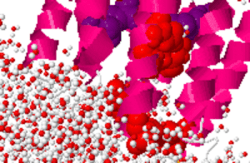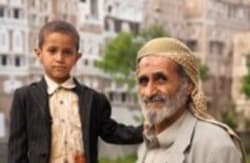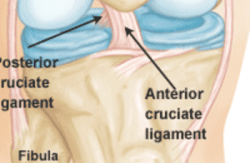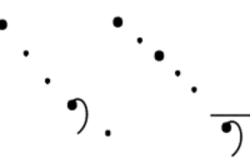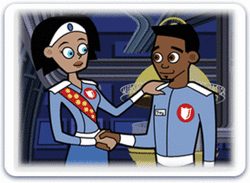Images
This introductory course defines biology and its relationship to other sciences. We examine the overarching theories of life from biological research and also explore the fundamental concepts and principles of the study of living organisms and their interaction with the environment. We will examine how life is organized into hierarchical levels; how living organisms use and produce energy; how life grows, develops, and reproduces; how life responds to the environment to maintain internal stability; and how life evolves and adapts to the environment.
This course is a part of our Community College (CC-OLI) series. Courses in this series are particularly well-suited to the needs of introductory community college courses, but are open for use by any instructor or student.
Additional Course Details
Topics Covered: Recurrent Themes in Biology; The Method of Scientific Inquiry; Introductions to: Biological Chemistry, Organic Molecules, Cell Theory, Metabolism, Genetics, Ecology, and Evolution. Estimated Time to Complete Course: This course is comparable to one semester of a general education biology course at a community college. Additional Software or Materials Required: None. Course Last Updated Date: August 2012 Changes in this Update Include: First release of the course.
Similar resources
Carnegie Mellon University challenges the curious and passionate to imagine and deliver work that matters.
A private, global research university, Carnegie Mellon stands among the world's most renowned educational institutions, and sets its own course. Start the journey here.
Over the past 10 years, more than 400 startups linked to CMU have raised more than $7 billion in follow-on funding. Those investment numbers are especially high because of the sheer size of Pittsburgh’s growing autonomous vehicles cluster – including Uber, Aurora, and Argo AI – all of which are here because of their strong ties to CMU.
With cutting-edge brain science, path-breaking performances, innovative startups, driverless cars, big data, big ambitions, Nobel and Turing prizes, hands-on learning, and a whole lot of robots, CMU doesn't imagine the future, we create it.


Biochemistry

Arabic for Global Exchange

Anatomy & Physiology

American English Speech

Chinese I









